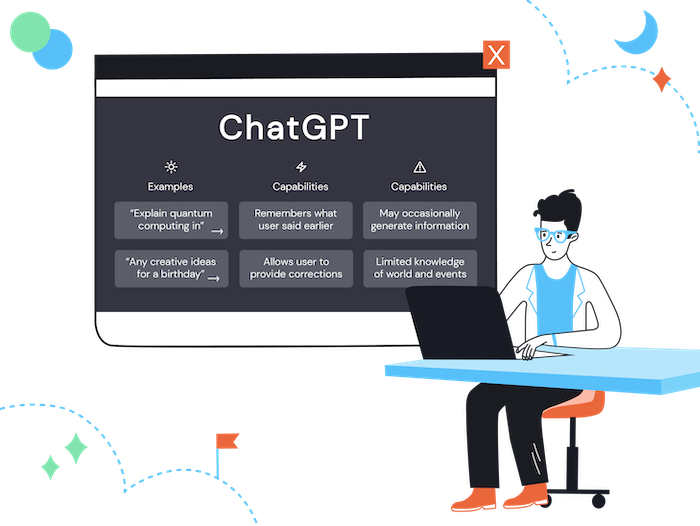
Introduction
Knowledge Generation Prompting (KGP) has surfaced as a prominent approach in the world of Artificial Intelligence (AI) and Machine Learning (ML), particularly in the subfield of Natural Language Processing (NLP). It’s an advanced methodology enabling language models to not just engage in interactive discussions, but also to generate knowledge that aids in these conversations. This comprehensive guide is intended to shed light on the concept of KGP, its implications, and its application in the landscape of AI.
The Pillar of NLP: Understanding Prompting
The term ‘prompting’ in the context of NLP signifies the practice of presenting language models with an input, or a ‘prompt’, to steer the model’s output. This delicate craft of designing effective prompts to elicit specific responses from language models is known as ‘Prompt Engineering.’
Knowledge Generation Prompting: An Overview
Knowledge Generation Prompting is an advanced prompting technique. It entails creating a series of prompts that not only guide the model through a discussion but also enables it to generate new knowledge that contributes to the conversation.
Unlike traditional prompting methods that use static prompts to solicit responses, KGP uses dynamic prompts. The prompts evolve with the conversation, shaped by the model’s responses. This forms a ‘chain of prompts’ that provides a more interactive and engaging conversational experience.
The Process: Implementing Knowledge Generation Prompting
Implementing KGP involves a structured process:
Establishing the Initial Prompt: The process begins with an initial prompt that serves as a broad starting point for the conversation.
Generating the First Response: The language model processes the initial prompt and generates the first response.
Evolving the Conversation: Based on the first response, a subsequent prompt is created that builds on the generated knowledge. This new prompt guides the model in extending the conversation.
Iterative Evolution: Steps 2 and 3 are iterated until the conversation reaches a satisfactory conclusion. The subsequent prompts are dynamically adjusted to the model’s responses, fostering an evolving conversation.
The Value: Why Knowledge Generation Prompting?
Knowledge Generation Prompting offers several benefits, enhancing the potency of AI language models:
Contextual Understanding: KGP enhances the model’s understanding of the context, thereby providing more accurate and relevant responses.
Dynamic Conversations: It supports dynamic, engaging conversations that mirror human interactions, contributing to an improved user experience.
Handling Complex Queries: KGP allows language models to address complex queries that necessitate multistep reasoning and in-depth discussion.
Information Generation: KGP also supports the generation of new knowledge, promoting a richer and more informative conversation.
Conclusion: The Future of Knowledge Generation Prompting
Knowledge Generation Prompting represents a leap forward in the utilization of AI language models. Its potential to generate new information while dynamically adapting to evolving conversations has transformative implications for the field of NLP.
However, mastering KGP requires a deep understanding of language models, the topic at hand, and a talent for crafting and adjusting prompts in response to a model’s output. As the exploration of KGP continues, we can expect to see even more sophisticated and intelligent applications of AI, opening up a myriad of possibilities in various sectors and industries.
Find more … …
Knowledge Generation Prompting: An Extensive Exploration in Prompt Engineering
Unraveling the Power of Chain of Thought Prompting: A Comprehensive Guide to Prompting Concepts